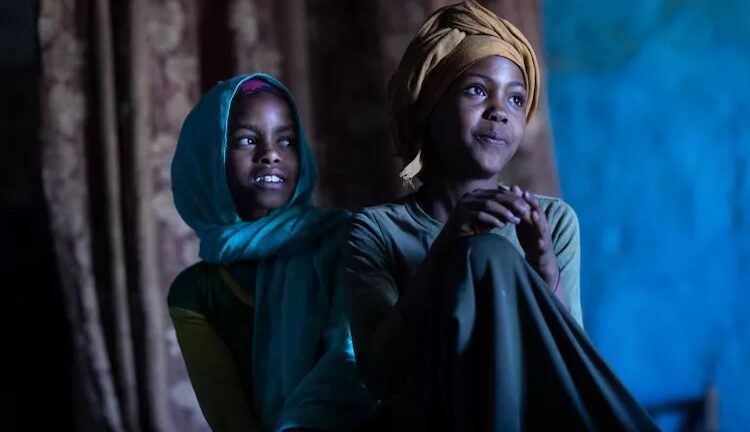By Nimco Ali OBE and Baroness Helena Kennedy LT KC
NAIROBI, Kenya | 17 April 2025 (IDN) — As two women who have spent our lives working for the human rights of women and girls, we are joining forces to highlight the ongoing failure to support grassroots activism to end the devastating practice of female genital mutilation (FGM).
The official estimates from UNICEF tell us that 230 million women and girls have been affected. That number seems almost overwhelmingly large and means that one out of every sixteen women alive in the world today have undergone this extreme form of violence. Tens of millions more girls are at risk of this happening to them every single year — and most of them are on the African continent.
In 2015, as part of the Sustainable Development Goals, governments committed to eliminating FGM, child marriage and other forms of violence against girls by 2030. With just five years to get there — and with little to no progress happening in several African countries such as Somalia and Guinea — it is a huge ask. We need to step up work to an unforeseen level.
In response to this urgent need, The Five Foundation, The Global Partnership To End FGM, launched a new donor collaborative called the HER Africa Alliance in 2024. This new initiative has brought many funders together, including the Norwegian government, the Children’s Investment Fund Foundation, the Hilton Foundation and the Firebird Foundation, to find a common way forward to support women on the frontlines in Kenya and elsewhere.
With funding over several years, a coalition of brilliant Kenyan women’s groups are now working together to relegate FGM to the history books.
And we know that the only way we will end FGM is through African women leading the conversation and being trusted and supported by governments and foundations. We have to break through the mentality that we cannot trust those who are most affected — and who are really the only individuals who have the credibility to break the cycle of abuse in their communities.
These women have come up with solutions to ending FGM, which go far beyond awareness raising and respond to the growing evidence base of what works. They include longer-lasting initiatives to boost voice and agency, girls’ education, sexual health and reproductive rights, and women’s economic empowerment.
In the last few months, 11 leading Kenyan activists from around the country also came together in Nairobi to kick off a one-year project aimed at co-creating a ‘Resource Bank’ for campaigners. Using a combination of multi-media content and other forms of evidence, this locally led tool will be launched later this year and should prove to be useful for others to use.
Alongside supporting grassroots women to end FGM, we also want to break down the often-racist systems that have contributed to our failure to accelerate efforts. Supporting African-led movements is an essential way of making sure that we will finally shift the power to more effective activism, but we also need governments to do more to find ways of reaching those on the frontlines.
The Five Foundation’s new grassroots funding partnership with the ‘United Nations Joint Programme To End FGM’ is one way of addressing this challenge and we hope that others join Norway in making contributions towards it. Five brilliant organisations —Samburu Girls Foundation, Malkia Initiative, Mission With A Vision, Msichana Empowerment Kuria and GirlKind Kenya — have already started urgent work with this three year support stream.
Donors have often told us they think that ending FGM is impossible. They say they don’t know how to fund it, but we know that it is not as hard as it might seem. We just need to think differently and get behind the vision of the many African women who know what they are doing. It is about trust and solidarity. With the potential to change the lives of so many millions of girls, there is really no reason for any more excuses.
*Nimco Ali OBE is CEO of The Five Foundation. Baroness Helena Kennedy LT KC is Director of the International Bar Association’s Human Rights Institute and a Life Peer in the United Kingdom. [IDN-InDepthNews]
Image: Copyright UNICEF/UN0410891/Ayene


